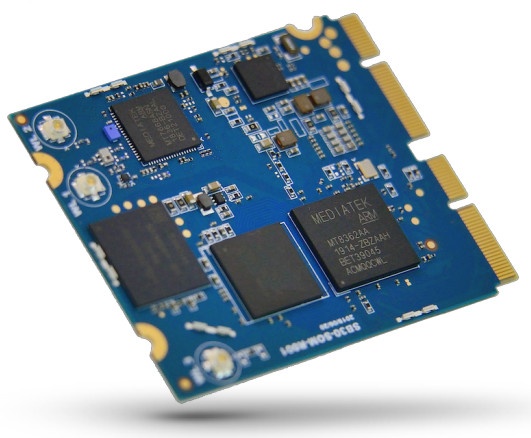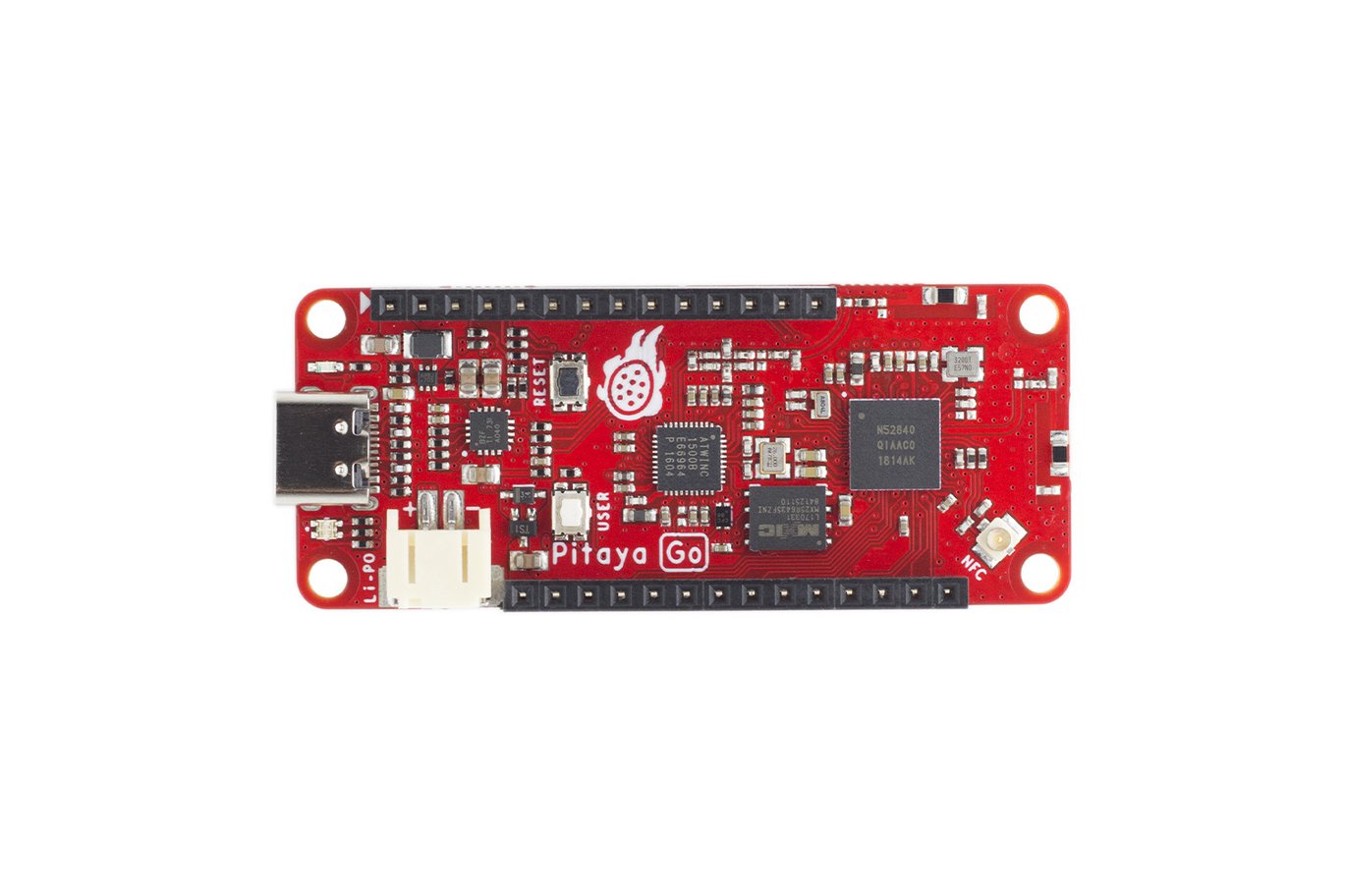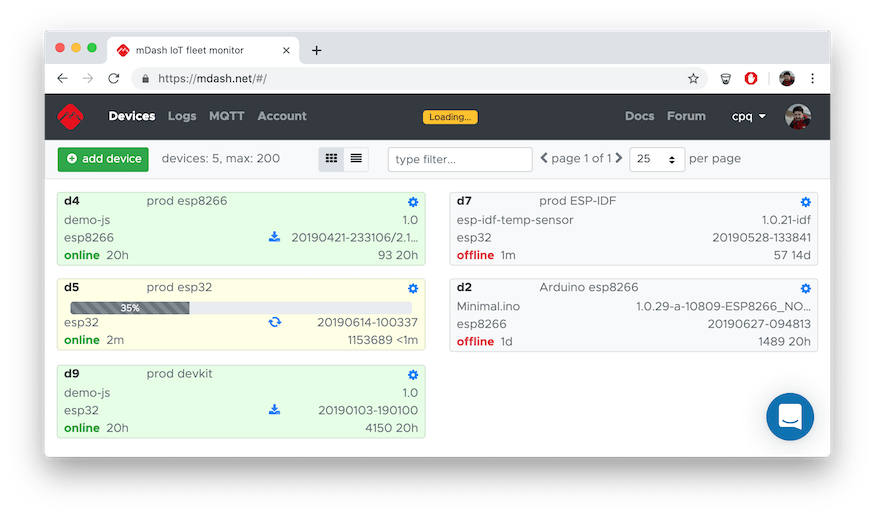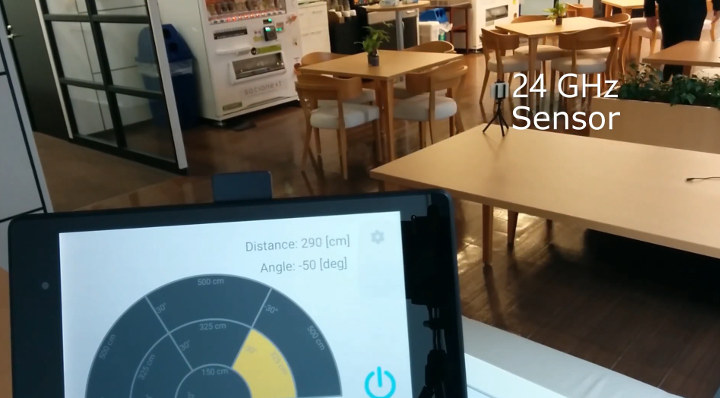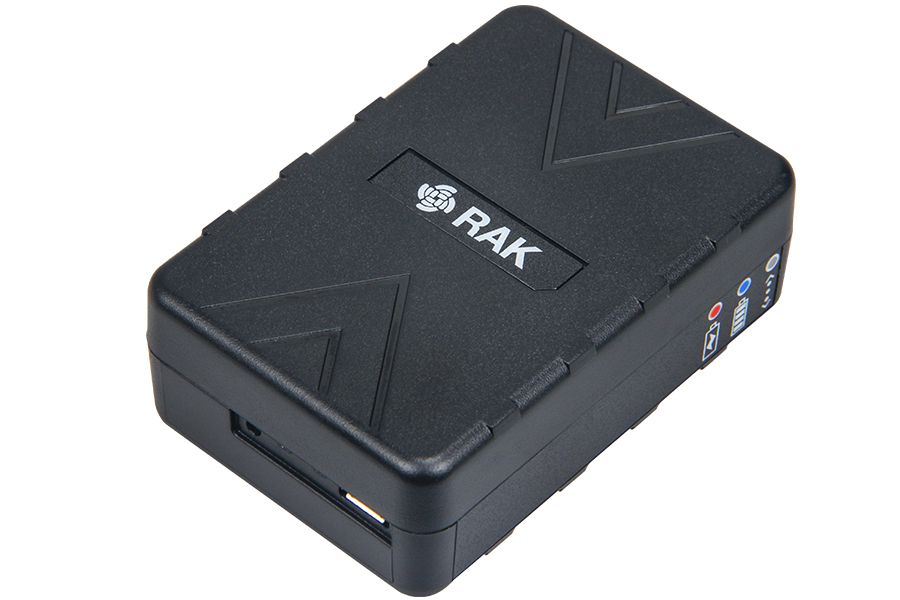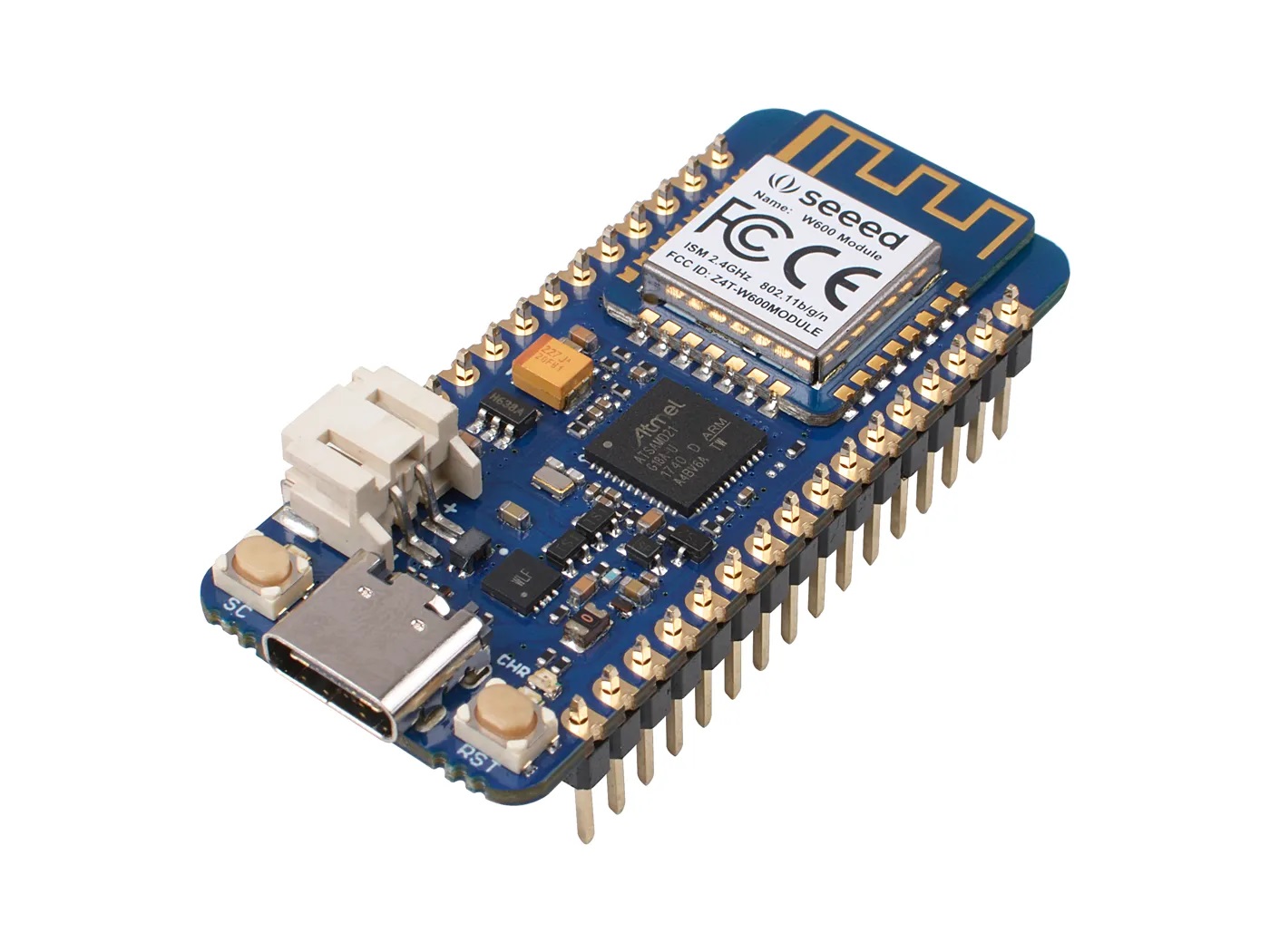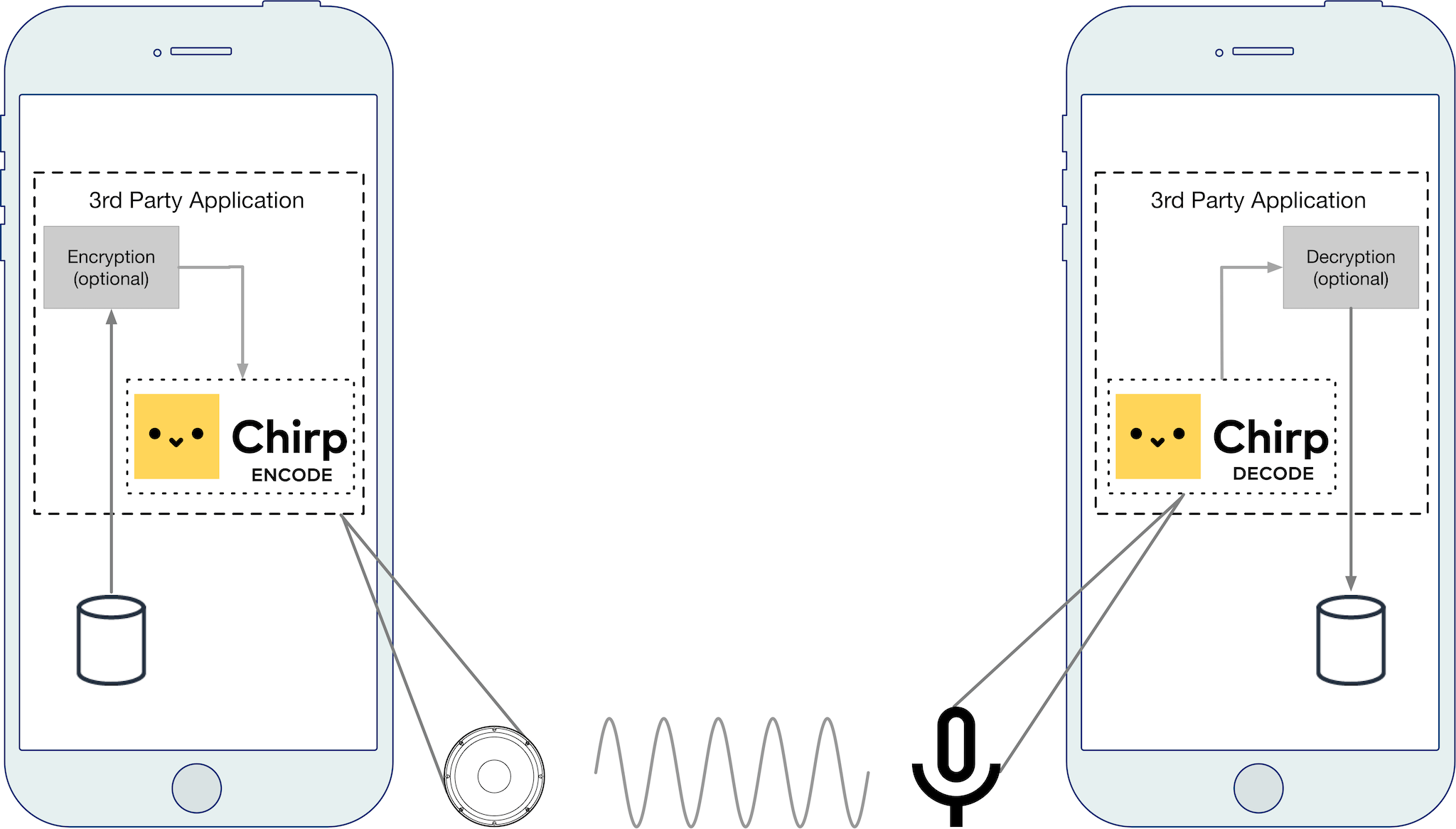SB30 MTK i300 and SB50 MTK i500 AI IoT Platforms Just announced by Innocomm are the SB30 and the SB50 SoMs carrying the MediaTek i300 and i500 SoC’s, and running either Linux or Android. The rundown on the systems is the MediaTek AIoT processor series has been out for some time, and we reported on the latest SoC in the MediaTek i700 article last July. Innocomm is also known for its NXP-based compute modules such as the i.MX8M Mini driven W15 and i.MX8M powered W10. MediaTek i300 Specs The MediaTek i300 (MT8362) SoC is running a Cortex-A35 power-efficient quad-core processor clocking at 1.5 GHz. The SoC is further equipped with an Imagination PowerVR Series8XE GE8300 GPU. The i300 also integrates a PMIC, an RF chip for 2.4 GHz 802.11/b/g/n as well as Bluetooth 4.0. There is support for the MediaTek MT7668 chipset for 802.11ac (WiFi 5). Rounding out the system […]
Pitaya Go is an IoT development board with multi-protocol wireless connectivity
One of the challenges in starting a new IoT project is the question of what connectivity to use. Depending on the nature of a project, there are several wired and wireless connectivity options that can be used to power a project and ensure it’s a success. We have WiFi, Bluetooth, Zigbee, Zwave, LoRa, ZigFox, Thread, NB-IoT, 3G/4G, and others. You can use from anyone, but which one to use is another thing because most development board only support 1 or 2 of those. Well, with the introduction of the Pitaya Go, you don’t have to worry so much about that decision. The Pitaya Go is an IoT development platform with multiprotocol wireless connectivity built-in. The Pitaya Go is based on the Nordic’s high-end multiprotocol SoC nRF52840 and the Microchip’s extremely low power Wi-Fi network controller ATWINC1500B. The nRF52840 SoC is the most advanced member of the nRF52 Series SoC family, and it […]
mDash Cloud platform for IoT Devices Targets ESP8266/ESP32, STM32, and TI CC3220 Wireless MCUs
Cesanta (a company based in Dublin, Ireland) recently launched mDash – an IoT cloud platform for administration of various IoT modules. This platform supports Espressif’s modules ESP32 & ESP8266, STM32 (L4,M4) and TI CC3220, and offers a bunch of features which are known to be challenging tasks in the IoT world. This includes OTA (Over-The-Air) firmware updates, remote configuration and administration, alerts and notifications, remote device control and file management. This can be achieved through 3 programming platforms – Arduino IDE, ESP-IDF and through Mongoose OS. For evaluation and testing purpose mDash offers a simulator that run as a docker container. Refer our previous post, to understand how to get started with Cesanta’s Moongoose OS for ESP8266. Basic WorkFlow mDash Library The company offers reference firmware/library for the defined hardware platforms. This been implements by using secure MQTT for communication, re-connection and initial provisioning with mDash cloud. You can find […]
Socionext 24 GHz Radar Sensor for IoT Measures Distance and Angle (Video)
Last year, we wrote about Socionext MN87900 24 GHz radio wave radar module for IoT with Rx & Tx antennas and a crytal unit that measured just 12×7 mm. The module is made for IoT equipments, security systems, smart home appliances, autonomous vehicles and drones, medical devices, and more. Basically any application that requires distance measurement up to 8 meters (expandable to 30 meters with a radome horn), rough location, or motion detection may leverage the technology. The company has now uploaded a video showing a demo of their 24 GHz radar sensor. Socionext did not explain which exact solution they used, and it’s probably not the full module above, but either one of their sensors based on the link provided in the video description: SC1232AR3 – All-in-one RADAR sensor for Entry Motion & Distance Detection SC1233AR3 – All-in-one RADAR sensor for Entry Motion & 2D Detection I suspect SC1232AR3 […]
RAKWireless Introduces RAK7200 LoRa Tracker | Features & Specifications
RAK7200 is a LoRa Tracker node built around the AcSIP S76G chip. It integrates the ultra-low-power STM32L073 micro-controller, the SX1276 LoRa long range modem, and the CXD5603GF GPS receiver. The RAK7200, being a fully functioning LoRaWAN device, is particularly suited for IoT applications. Such as asset tracking, smart vehicle management, location-based service, etc. According to the device manufacturers, RAKWireless, a leading Chinese IoT solutions company, based in Shenzhen, RAK7200 requires minimal setup. Just pop in the included battery, close the housing and you can start sensing your GPS data over LoRaWAN. Furthermore, there are sensors built-into the board: a 9-axis accelerometer and pressure sensor. The new GPS Tracker node is an upgrade over the company’s earlier offering in the GPS tracker space, the RAK7205. Now, the earlier version, the RAK7205, was mostly aimed at developers, with its larger more robust casing and solar panel. But the RA7200 is more of […]
Embedded Linux Conference (ELC) Europe 2019 Schedule – October 28-30
I may have just written about Linaro Connect San Diego 2019 schedule, but there’s another interesting event that will also take place this fall: the Embedded Linux Conference Europe on October 28 -30, 2019 in Lyon, France. The full schedule was also published by the Linux Foundation a few days ago, so I’ll create a virtual schedule to see what interesting topics will be addressed during the 3-day event. Monday, October 28 11:30 – 12:05 – Debian and Yocto Project-Based Long-Term Maintenance Approaches for Embedded Products by Kazuhiro Hayashi, Toshiba & Jan Kiszka, Siemens AG In industrial products, 10+ years maintenance is required, including security fixes, reproducible builds, and continuous system updates. Selecting appropriate base systems and tools is necessary for efficient product development. Debian has been applied to industrial products because of its stability, long-term supports, and powerful tools for packages development. The CIP Project, which provides scalable and […]
$10 Wio Lite W600 Arduino Zero Compatible WiFi Board Follows Adafruit Feather Form Factor
Seeed Studio has just released the latest Arduino compatible Wio Lite W600 a combination of the W600 WiFi module mounted on the board and an Atmel SAM D21 Arm Cortex-M0+ microcontroller. The WiFi core is a W600 2.4 GHz module featuring the Arm Cortex-M3. The SAM D21 is the same chip used by the Arduino Zero, so the Wio Lite W600 is compatible with Arduino Zero. Basic Specs The I/O level is 3.3V, and there are 6 analog pins and 14 digital pins, as well as one UART, I2C, and ICSP port. The board is powered through a USB Type C port or a 3.5V–4.2V LiPo battery. The latest feature is the W600 module is CE/FCC certified and supports 802.11 b/g/n WiFi. The WiFi module also features 1MB on-chip flash to store and run freeRTOS operating system. Seeed Studio provides a full Arduino W600 library and demos for many wireless […]
Arduino Partners with Chirp to Enable Data-Over-Sound M2M Connectivity
Announced on August 12, 2019, Arduino has partnered with the London-based Chirp, a wireless data-over-sound software solution for machine-to-machine connectivity. The system has the ability to work online or offline, as long as there is a loudspeaker and a microphone available. The software works with the Arduino Nano 33 BLE Sense board in send and receive mode, while most Arduino MKR boards and Arduino Nano 33 IoT will also be supported by the SDK, but only to send data. The software and board are fully compatible with SDKs from a wide variety of platforms. The Nano 33 BLE Sense is available for purchase from the Arduino website, for $29.50. The sensor-rich Arduino Nano 33 BLE Sense is application-ready right out of the box, and Chirp is ready to start sending encoded data from a device fitted with an audio speaker, to the board’s built-in microphone, where it is encoded and […]


